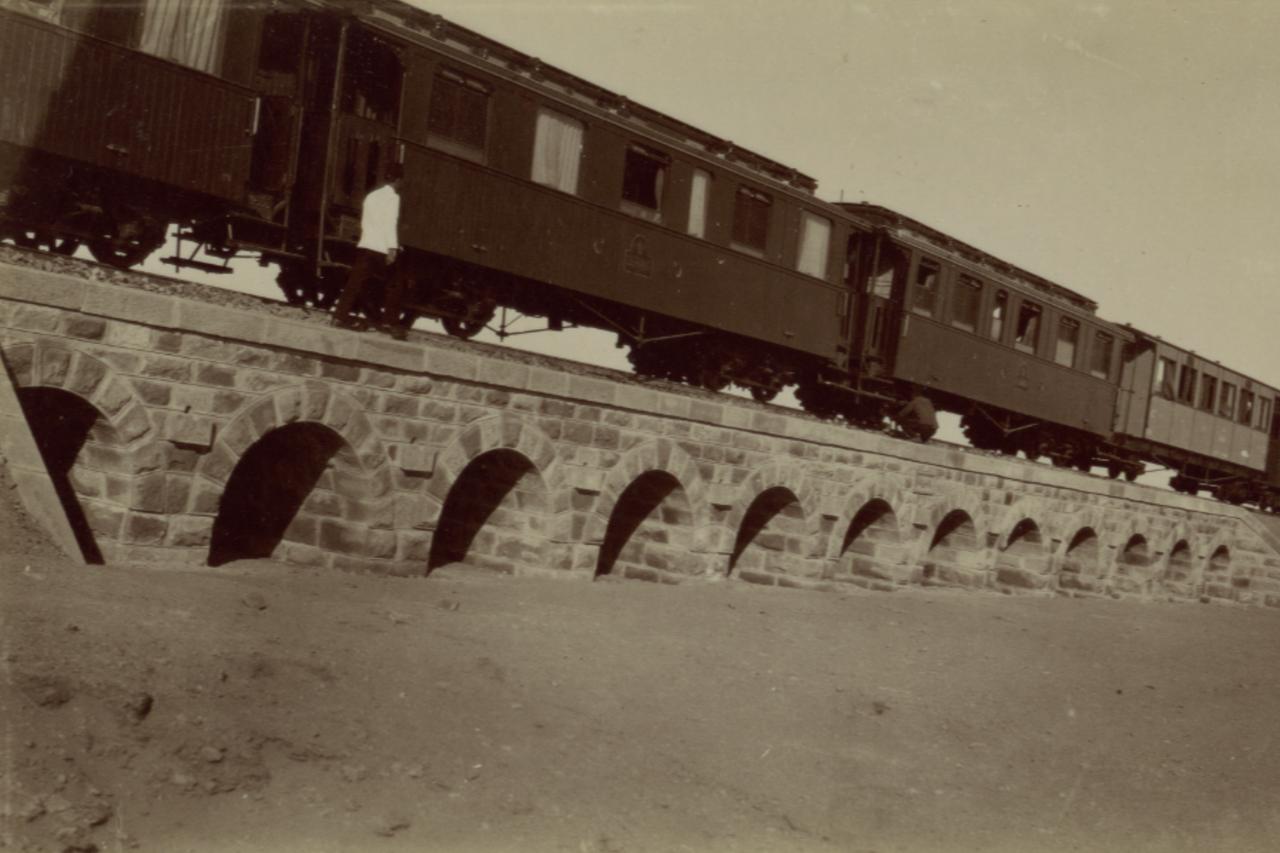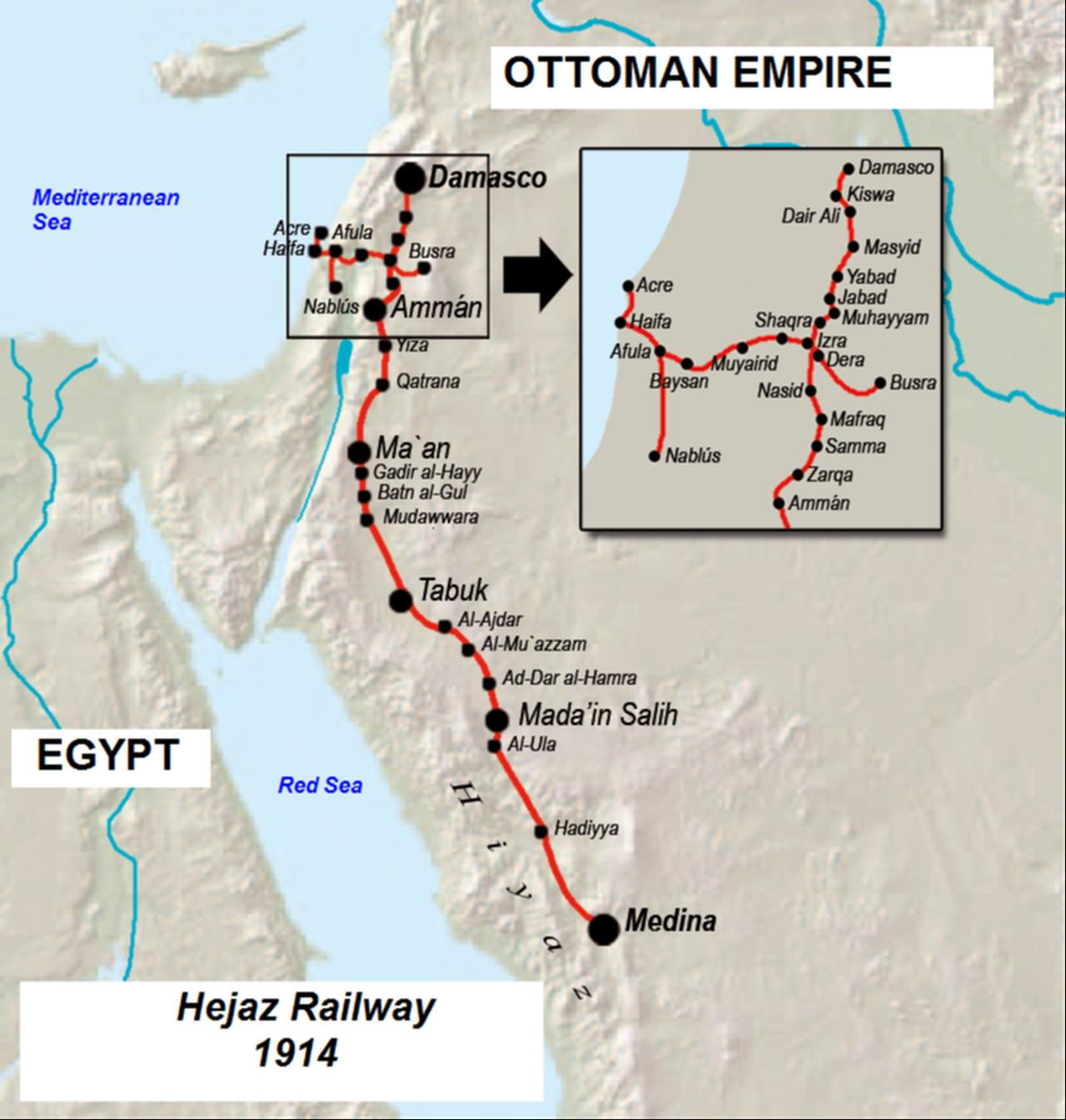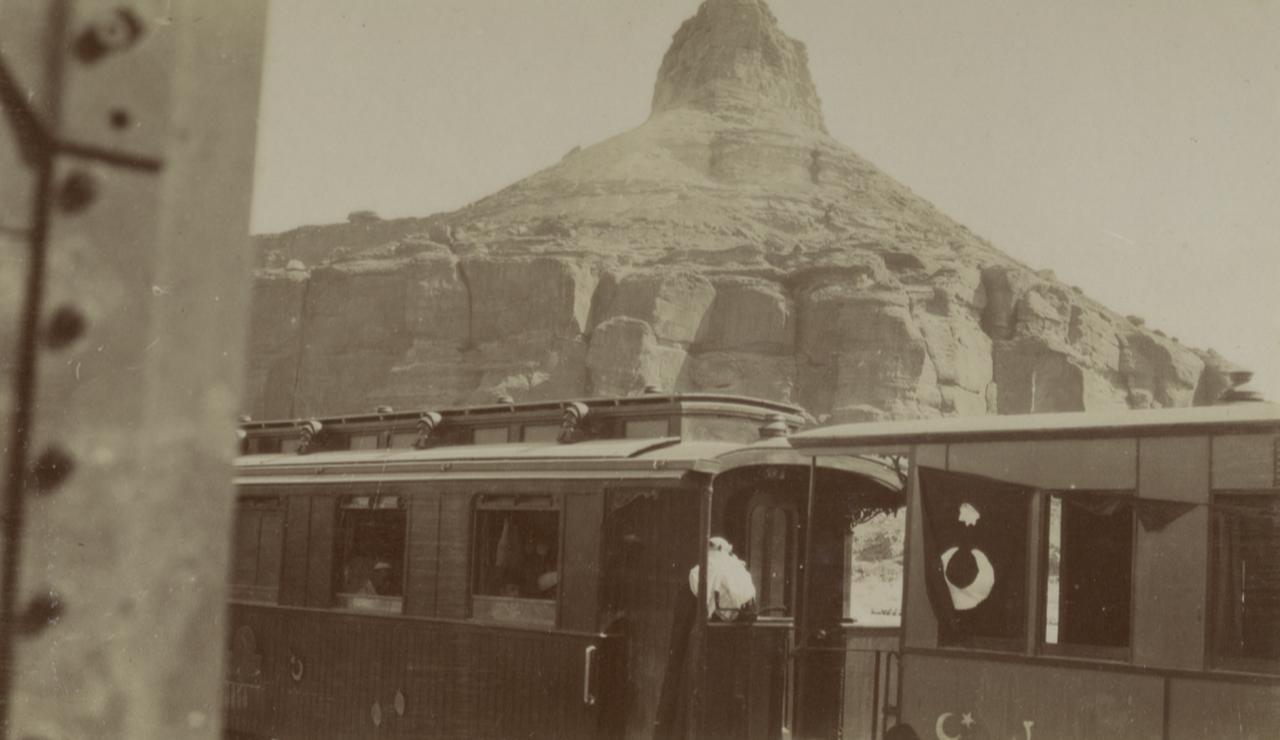
Türkiye, Syria and Jordan have taken the first steps toward reviving the historic Hejaz Railway, a project that once linked Damascus to Medina and played a vital role in early 20th-century regional transport.
At a trilateral technical meeting in Amman earlier this month, officials reached key agreements that could bring parts of the line back into operation.
Transport and Infrastructure Minister Abdulkadir Uraloglu confirmed that the three countries agreed on practical measures to move the project forward.
He said that Türkiye would support the completion of a missing 30-kilometer section of the track within Syria. At the same time, Jordan committed to exploring the maintenance, repair, and operational use of its locomotives, including the possibility of running them as far as Damascus.

The meeting also produced a draft memorandum of understanding covering wider cooperation in transport. According to Uraloglu, the text outlines plans for trilateral technical working groups that will focus on road transport, railway connections, and broader transit corridors.
Türkiye has taken on the responsibility of drafting a detailed action plan, which will then be finalized with Syria and Jordan before a higher-level ministerial meeting later this year.
Officials stressed that the cooperation is not limited to the Hejaz project alone. Medium- and long-term plans include joint training programs and the sharing of technical expertise in railway management and operations.
This approach aims to strengthen the institutional links between the three countries regardless of how quickly the historic line itself can be restored.

Another significant outcome of the meeting was the decision to restart road freight services between Türkiye and Jordan through Syria after a 13-year suspension. Delegates agreed to ease customs and transit procedures to make the renewed corridor more practical for operators.
They also examined how Türkiye could expand its trade links to the Red Sea through Jordan’s Aqaba Port, while in return, Syria and Jordan would benefit from easier access to Türkiye’s wider international transport corridors.